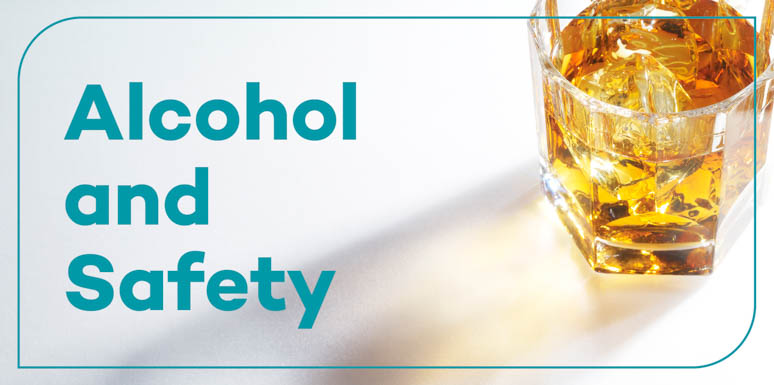April 15, 2021 / By Mario San Bartolome, MD, Addiction Medicine Specialist

Wherever in the world humans live, we consume alcohol. People drink for many reasons, from socializing to celebrating to relaxing. But no matter the occasion, it’s important to be safe. Excessive drinking causes predictably harmful results—in fact, one in 20 deaths on earth is related to alcohol. This is why it’s crucial to understand what alcohol consumption does to a person.
What is alcohol?
Alcohol is simply a class of chemicals. There are many types, including some that are dangerous to drink in any quantity, like isopropyl (“rubbing”) alcohol. Beverages like beer or wine are ethyl alcohol or ethanol.
Why does alcohol change a person’s mood or behavior?
Ethanol is a depressant that acts on your body’s central nervous system. It slows brain activity and changes your mood—which may be the effect you’re looking for when you drink. But too much alcohol impairs reflexes, coordination and the ability to control judgement or behavior. Some people “black out” when drinking—which means they can’t remember their actions and words.
How can I tell when I’ve had too much?
Alcohol’s impact depends on your body size, sex, age, prior track record of drinking, what you drink, how fast you drink it and family history of alcohol use disorder, among other factors. One reason it’s difficult to define “too much” is that it varies so greatly.
How much alcohol is in a typical drink?
In the US, we consider a drink to contain 14g of pure alcohol. This is the amount you’ll find in 12 ounces of beer, 5 ounces of wine, and 1.5 ounces of liquor, or a “shot.”
https://www.niaaa.nih.gov/alcohols-effects-health/overview-alcohol-consumption/what-standard-drink
Moderate drinking may be defined as:
Any more than the above is considered heavy drinking. If it’s consumed in just a few hours, it’s defined as binge drinking.
How does heavy drinking affect your health?
Below are just a few of the tragic results frequent heavy drinking can cause:
Binge drinking can drastically increase your risk for car accidents, becoming violent or being the victim of violence, and alcohol poisoning—which can be fatal.
If you suspect alcohol is causing problems in your life, talk to your doctor. It’s true that fear of being judged for alcohol-related illness can prevent some of us from reaching out—but there are a great many people who have gotten relief from treatment. No one who needs help has to be alone.
For more information visit: https://www.niaaa.nih.gov/alcohols-effects-health
Sources:
National Institute on Alcohol Abuse and Alcoholism
World Health Organization
National Institutes on Drug Abuse